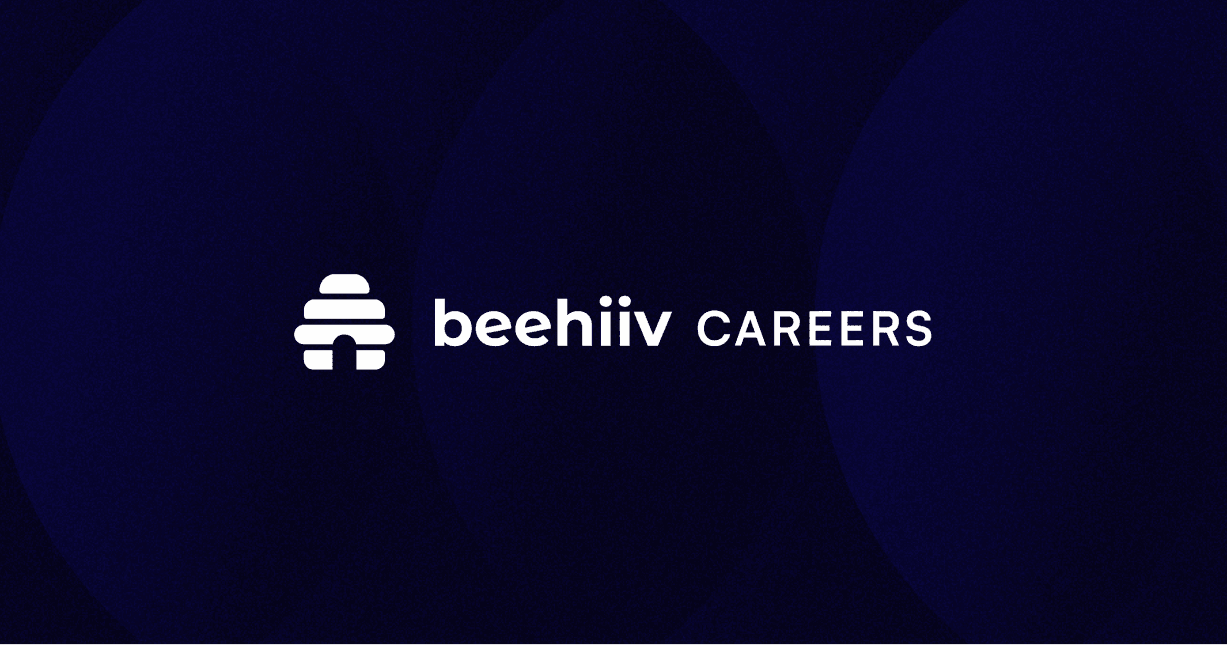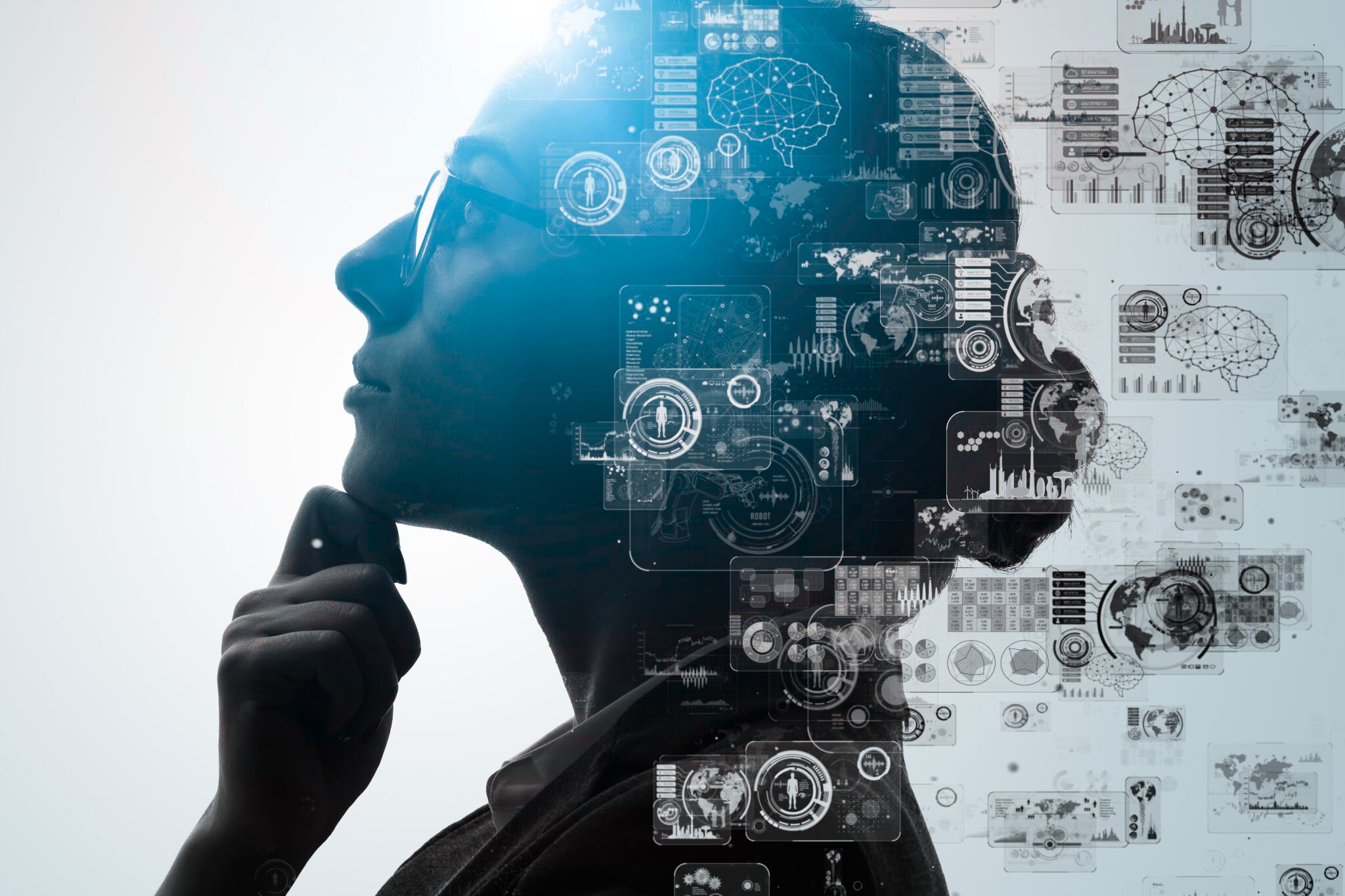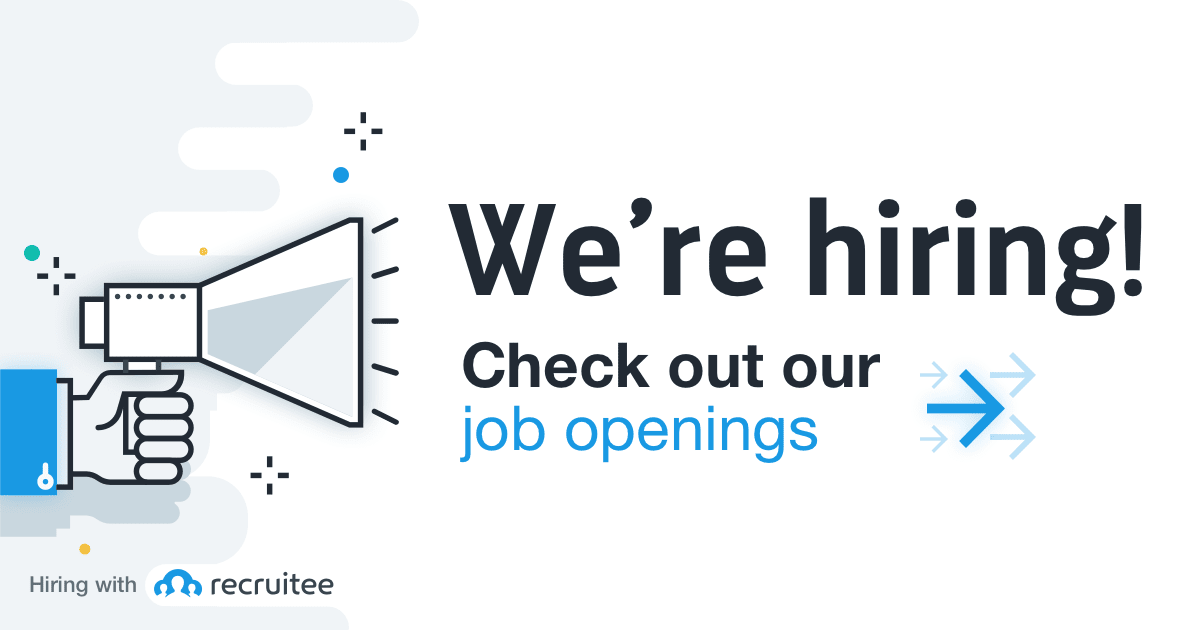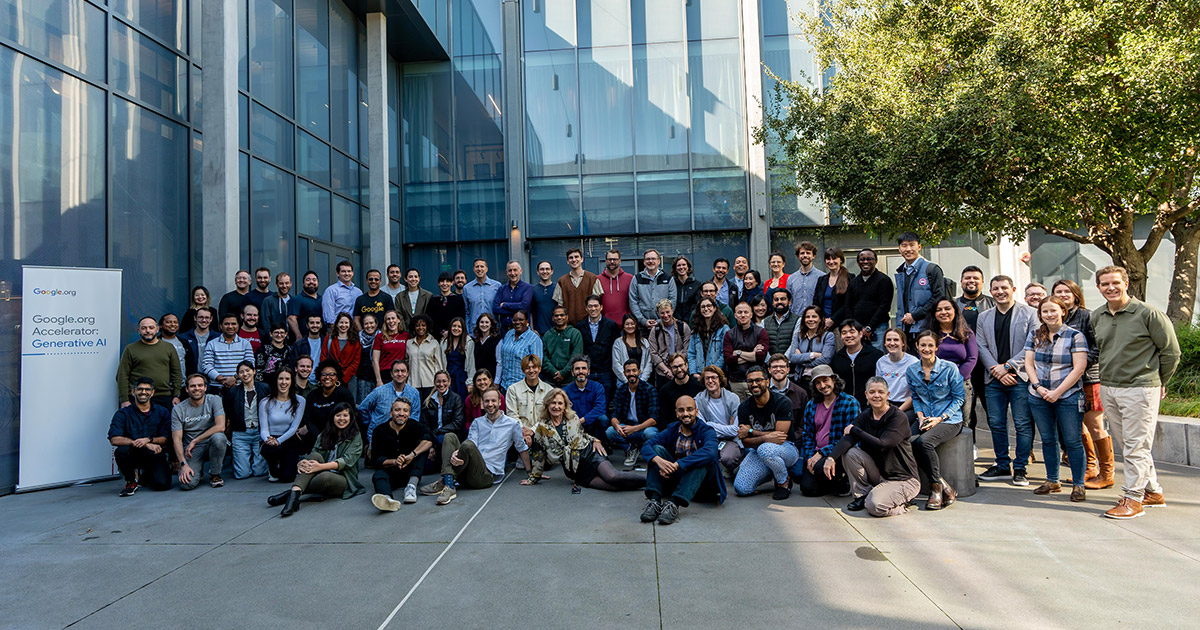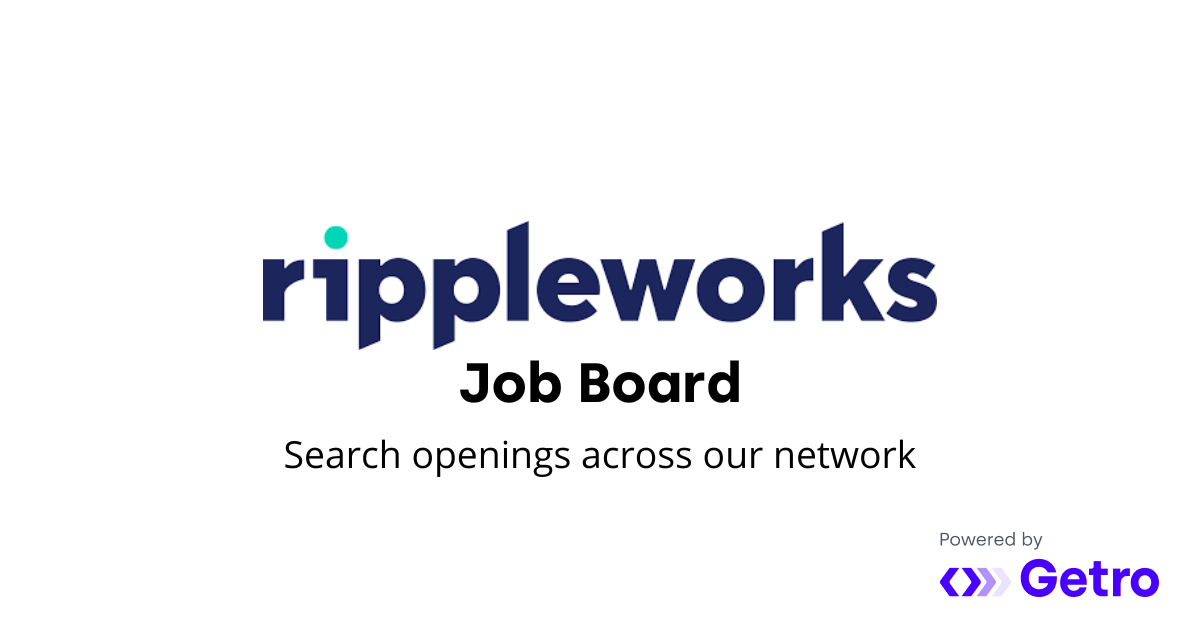Start learning AI in 2025
Everyone talks about AI, but no one has the time to learn it. So, we found the easiest way to learn AI in as little time as possible: The Rundown AI.
It's a free AI newsletter that keeps you up-to-date on the latest AI news, and teaches you how to apply it in just 5 minutes a day.
Plus, complete the quiz after signing up and they’ll recommend the best AI tools, guides, and courses – tailored to your needs.
🌍 AI and Education: Transforming Learning Experiences Globally
AI is revolutionizing education by creating more accessible, personalized, and effective learning experiences. From adaptive tutoring to AI-powered content translation, these technologies address learning gaps and bring opportunities to underserved communities. By integrating AI, educators can provide tailored instruction, improve classroom efficiency, and make learning more inclusive for diverse learners.
However, the adoption of AI in education raises challenges, such as data privacy, potential biases, and unequal access to necessary infrastructure as well as what does it mean for the future of human centered education.
Four Key Opportunities of Using AI in Education:
Personalized Learning: AI tools like Khanmigo provide tailored lesson plans, adapting to each student’s pace and style.
Global Access: AI-powered platforms translate content into multiple languages, expanding educational resources to non-native speakers.
Efficiency for Educators: Automation of administrative tasks, like grading, allows teachers to focus more on student engagement.
Accessibility for Special Needs: AI supports students with disabilities through features like voice-to-text, speech recognition, and sensory aids.
Four Key Cons of AI in Education:
Data Privacy Risks: AI relies on vast amounts of personal data, raising concerns about its storage and misuse.
Bias in Algorithms: Datasets used to train AI can reinforce existing biases, affecting the fairness of tools.
Digital Divide: Lack of infrastructure and internet connectivity limits access to AI-powered education in low-income regions.
Dependence on Technology: Over-reliance on AI may hinder the development of critical thinking and social skills.
One more if for profit companies are largely behind building for profit AI applications in education, this may mean a misalignment of incentives where profit becomes more important than ethics, privacy or the best interest of learners or teachers.
📖 Four Key Organizations Leading AI in Education:
Khan Academy (Khanmigo)
A pioneer in free online education, Khan Academy uses its AI tutor, Khanmigo, to personalize learning and support students globally.
📖 Learn moreAI for Education
We empower educators and academic institutions through responsible AI adoption and training. They are also starting to offer some certificate programs.
📖 Explore hereCuripod
Lessons and Activities Powered by AI Feedback
📖 Read moreUNESCO
Has lots of great research and recommendations on the use of AI in education.
📖 Check it out
Got tips, news, or feedback? Drop us a line at [email protected] or simply respond to this message. Your input makes this newsletter better every week.
News & Resources
Joke of the Day
Why did the AI go broke?
It spent all its resources in the cloud!
🌍 News Highlights
AI and Government Waste: A new critique argues that AI tools may not only fail to solve inefficiencies in government operations but could also harm vulnerable populations by reinforcing existing biases. Read more
AI in Schools: As ChatGPT and other AI tools become more integrated into classrooms, educators are debating how to navigate their impact on homework, learning, and academic integrity. Learn more
Testing AI for Sentience: A controversial idea suggests using the experience of "pain" to assess AI sentience—a topic raising profound ethical and scientific questions. Explore the debate
AI Allegations in Academia: A PhD student claims he was expelled from the University of Minnesota due to AI-related accusations, sparking debates on academic policy and fairness. Read the story
E-Carceration and AI Surveillance: As e-carceration technologies expand globally, critics warn about the ethical implications of AI-driven surveillance systems in the criminal justice system. Learn more
💼 Organization to Watch
Impact Source
A job board dedicated to connecting professionals with impactful careers in AI and social good. Explore roles where your AI expertise can drive meaningful change. Browse jobs here
🔗 LinkedIn Connection
Sam Gregory
A leading human rights technologist and Executive Director of WITNESS, Sam Gregory is an expert in generative AI, deepfakes, and combating misinformation. His work emphasizes ethical tech use for global impact. Connect with Sam

Sponsored
Just Go Grind
Learn the tactics, strategies, and stories of world-class founders. Well-researched founder deep dives sent to 20,000+ subscribers weekly.
AI for Impact Opportunities
Share your feedback on the AI for Impact Newsletter
Turn Anonymous Website Visitors Into Customers With Our AI BDR
Stop letting anonymous site traffic slip away. Our AI BDR Ava identifies individuals on your website without them providing any contact information and autonomously enrolls them into multi-channel sequences.
She operates within the Artisan platform, which consolidates every tool you need for outbound:
300M+ High-Quality B2B Prospects, including E-Commerce and Local Business Leads
Automated Lead Enrichment With 10+ Data Sources
Full Email Deliverability Management
Multi-Channel Outreach Across Email & LinkedIn
Human-Level Personalization
Convert warm leads into your next customers.


